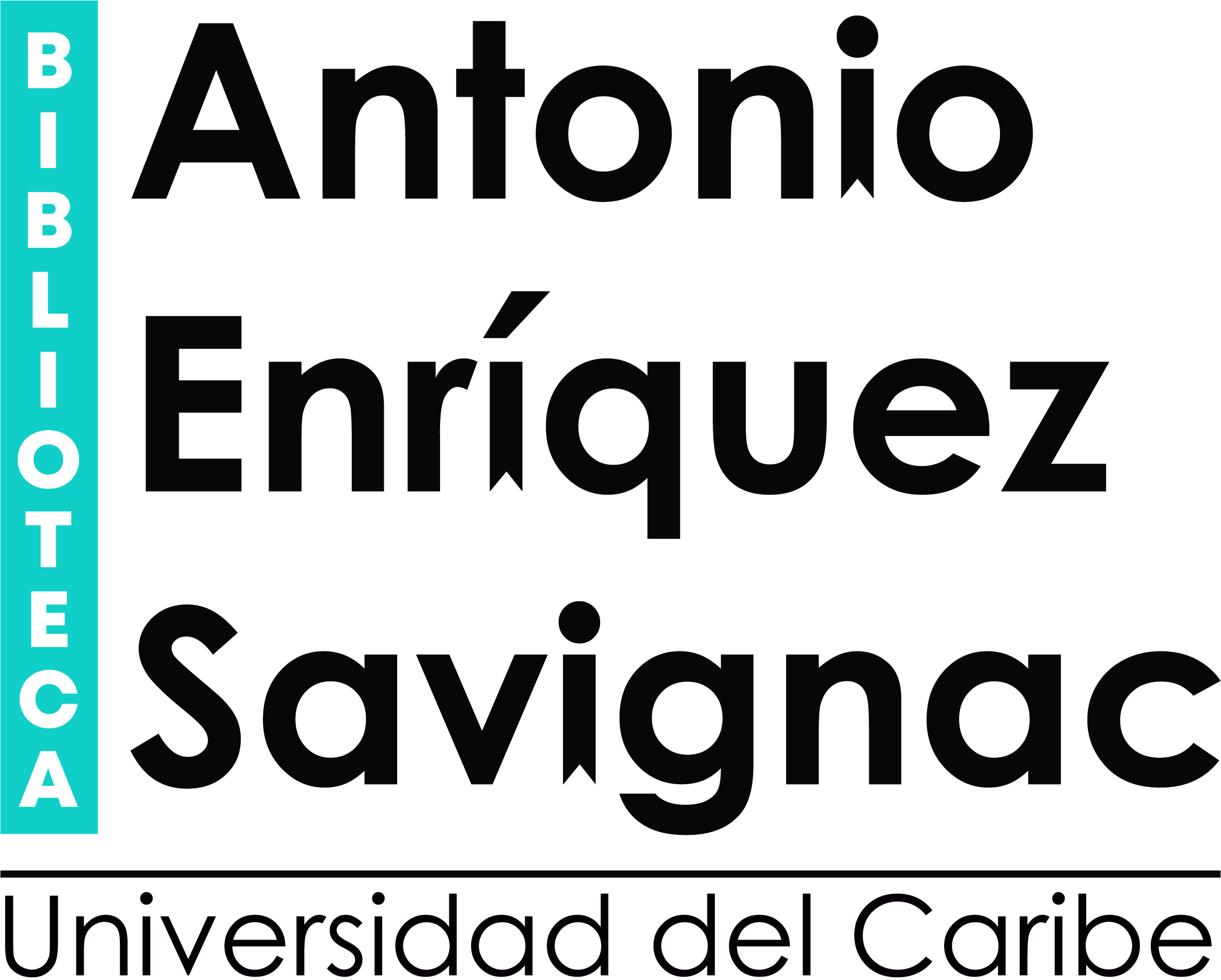Logic programming with Prolog / Max Bramer
Tipo de material: TextoSeries Detalles de publicación: [London ; New York] : Springer, ©2005Edición: 2a ediciónDescripción: xiii, 253 páginas : ilustraciones ; 24 x 16 centímetrosTipo de contenido:
TextoSeries Detalles de publicación: [London ; New York] : Springer, ©2005Edición: 2a ediciónDescripción: xiii, 253 páginas : ilustraciones ; 24 x 16 centímetrosTipo de contenido: - texto
- sin medio
- volumen
- 9781447154860
- QA 76.63 .B81 2013
| Tipo de ítem | Biblioteca actual | Biblioteca de origen | Colección | Signatura topográfica | Copia número | Estado | Notas | Fecha de vencimiento | Código de barras | Reserva de ítems | |
|---|---|---|---|---|---|---|---|---|---|---|---|
 Libros para consulta en sala
Libros para consulta en sala
|
Biblioteca Antonio Enriquez Savignac | Biblioteca Antonio Enriquez Savignac | COLECCIÓN RESERVA | QA 76.63 .B81 2013 (Navegar estantería(Abre debajo)) | 1 | No para préstamo | Ing. Telematica | 036321 | |||
|
|
Biblioteca Antonio Enriquez Savignac | Biblioteca Antonio Enriquez Savignac | Colección General | QA 76.63 .B81 2013 (Navegar estantería(Abre debajo)) | 2 | Disponible | Ing. Telematica | 036513 |
Getting Started -- Clauses and Predicates -- Satisfying Goals -- Operators and Arithmetic -- Input and Output -- Loops -- Preventing Backtracking -- Changing the Prolog Database -- List Processing -- String Processing -- More Advanced Features - Using grammar rules to analyse english sentence - Prolog in action
" Logic Programming is the name given to a distinctive style of programming, very different from that of conventional programming languages such as C++ and Java. By far the most widely used Logic Programming language is Prolog. Prolog is a good choice for developing complex applications, especially in the field of Artificial Intelligence. This book does not assume that the reader is an experienced programmer or has a background in Mathematics, Logic or Artificial Intelligence. It starts from scratch and aims to arrive at the point where quite powerful programs can be written in the language. It is intended both as a textbook for an introductory course and as a self-study book. On completion the reader will know enough to use Prolog in their own research or practical projects. Each chapter has self-assessment exercises so that the reader may check their own progress. A glossary of the technical terms used completes the book. Max Bramer is the Digital Professor of Information Technology at the University of Portsmouth, England. He has taught Prolog to undergraduate computer science students and used Prolog in his own work for many years ". -- P. Web Editorial
Fondos PIFI compra 09052014 674.87
Fondos PIFI compra 170062014 674.87
NUEVOSTELEMAT

